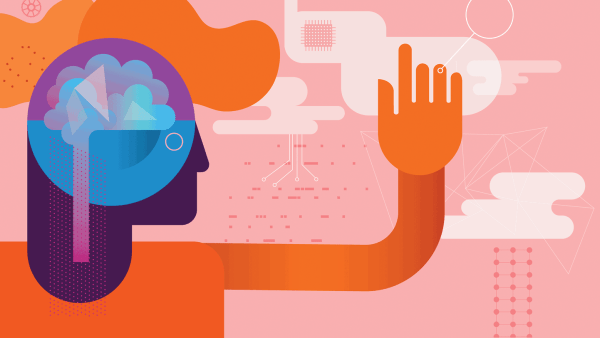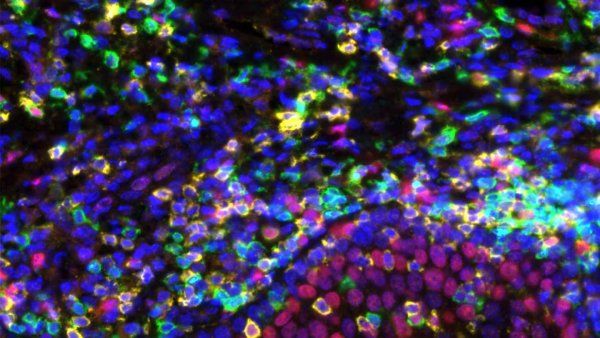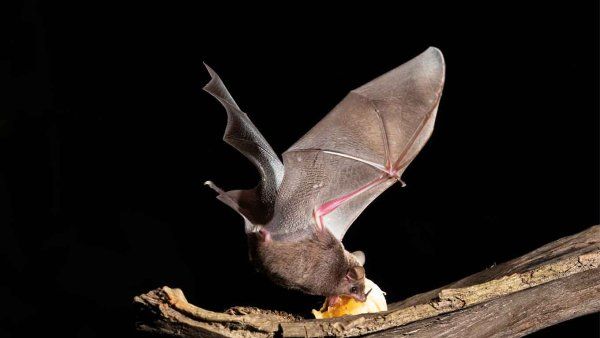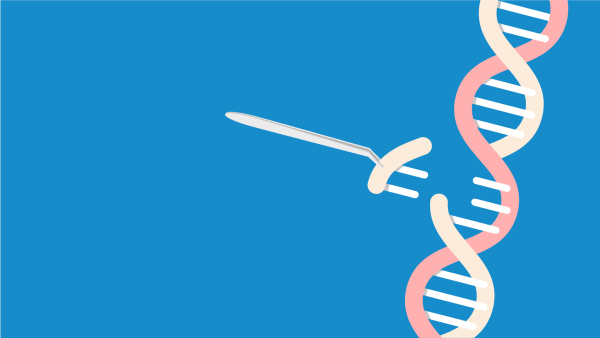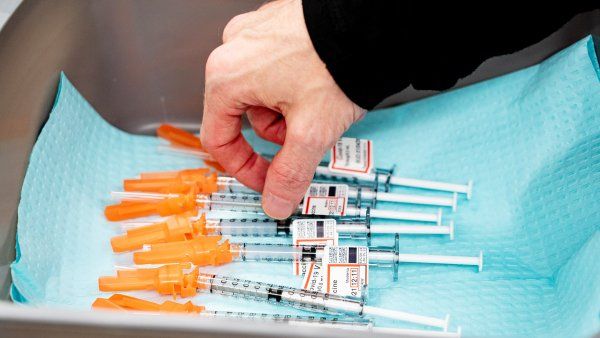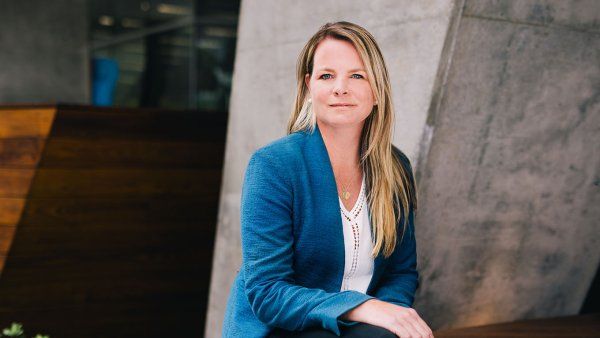How AI Can Help Spot Early Risk Factors for Alzheimer’s Disease
UCSF scientists found a way to predict Alzheimer’s disease up to seven years before symptoms appear by analyzing patient records with machine learning. Conditions that most influenced prediction of Alzheimer’s were high cholesterol and, for women, osteoporosis.
